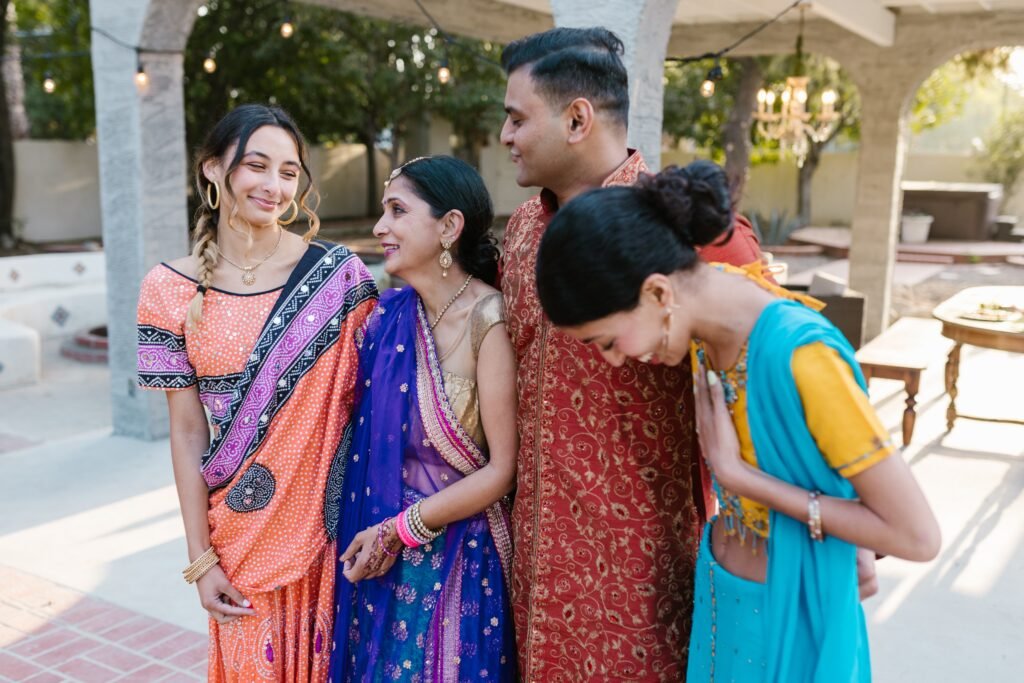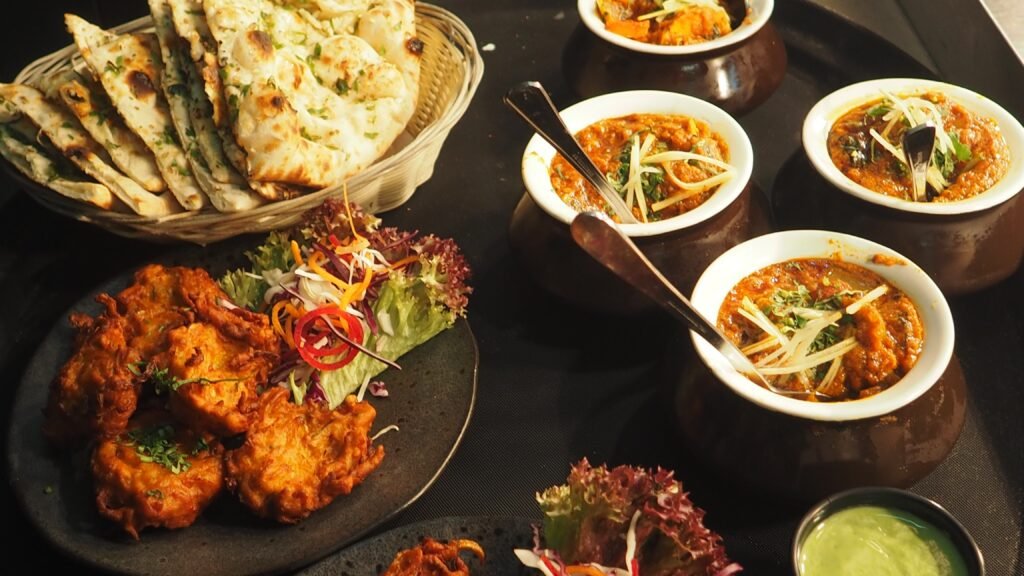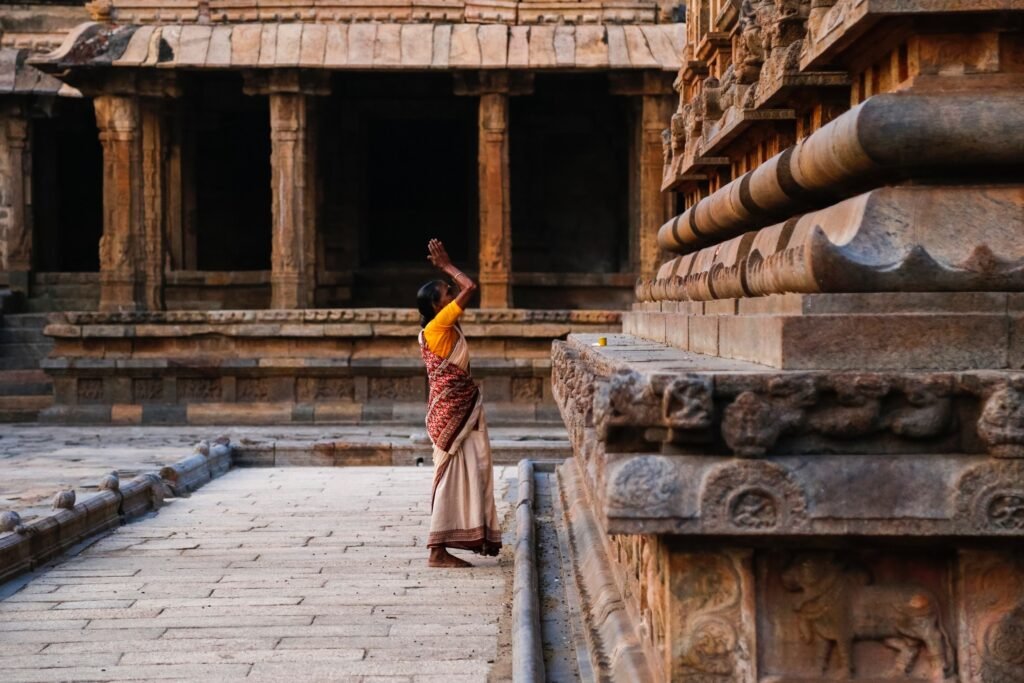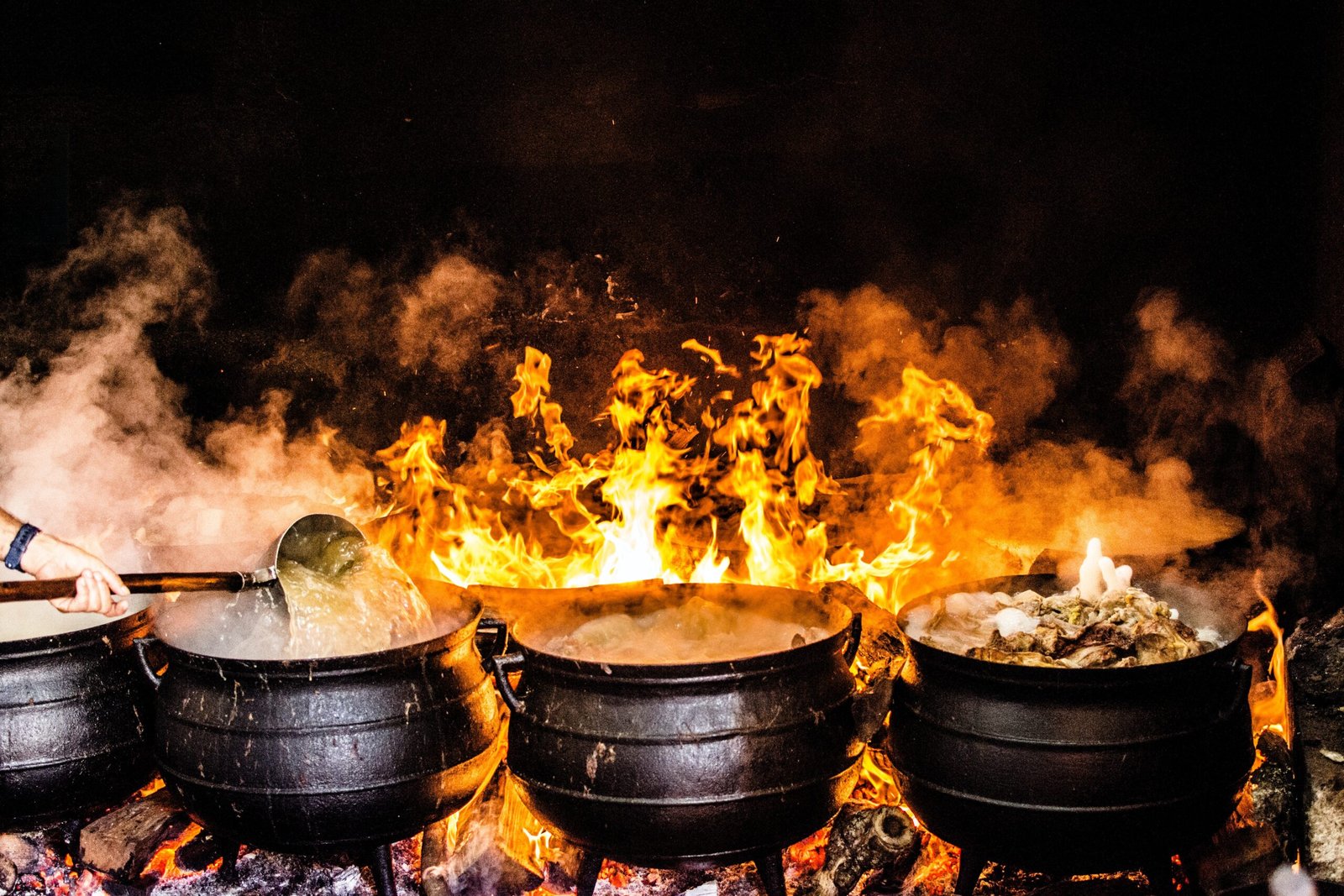Rituals and customs refer to a series of actions, beliefs, or methods that have existed for a long time and are being followed.
India’s diverse range of population brings with it unique and wonderful traditions, many of which we are unaware of. In fact, even among the Bengalis, there are different customs and rituals followed at different festivals. Some we may have forgotten and left behind and some we still holding on to. Some remind us of the near and dear ones we have lost. Some of them take us back to our simple and loving childhood.

Both my parents are ‘Bangal’ but hail from different Zillas of erstwhile Bangladesh. So, I have experienced many different customs being practised on both my paternal and maternal sides.
Beginning anew on Poila Boishakh
The mention of Poila Boishakh takes me back to the memories of my childhood. We had to wake up early as it was mandatory to visit the temple and offer prayers to Sri Ramakrishna Paramhansa and Sarada Maa, as our families are deeply influenced by The Ramakrishna Mission. My sister and I would get excited to take a bath and wear one of the new dresses that would be gifted to us on the occasion. Although it would not be the most stylish in our wardrobe it would still be nice and comfortable keeping in mind the hot weather. Every corner in the house would be cleaned thoroughly and decked with new bedcovers, curtains and other new items. The smell of the new fabric was so pleasant! It still lingers in my memories.
After we were done with our offerings to the Almighty, we had to seek the blessings of all the elderly members of our family. That day the children were not haunted by the idea of sitting with their books. It was a day of undiluted fun with family and friends. We looked forward to our visit to our maternal home as all our cousins came over.
Food and Festivity…
Rituals related to our culinary traditions cannot be left behind during any festivity. How can food be left out of these memories? My Dida had made it a rule to have vegetarian food for lunch, although most Bengalis would treat themselves to mutton and ilish- chingri (Hilsa and prawn) for lunch. But we loved the fare. According to Dida, we had to have a taste of all the six shaad-rasas (taste buds) on that day to celebrate the good harvest. It was also to keep at bay the diseases that would affect us during the change of seasons. Lunch would begin with a bitter palate like ucche bhaja (bitter gourd fritters)or shukto (a vegetable dish), followed by daal -bhaja (lentils and fries). A mandatory item was paat patar bora with posto crust. (jute leaf fritters sprinkled with poppy seeds). Then we would have echor (jackfruit), chhanar kofta (cottage cheese kofta curry, mocha with narkel (Banana blossom curry with scarped coconut) and lastly end with kacha aam er tok (green mango chutney)and misti doi (Sweet curd) and varieties of mistis (sweets).

In the afternoon, the children would huddle on the carpet and watch a movie in the huge hall in our ancestral house. What fun it was! Dinner was characterised by another gala meal following the customs of my paternal side. That would invariably include pathar mangsho (mutton), fish chop, polao (flavoured rice) and lots and lots of mishti. (Sweets).
Times have changed…we haven’t!
Many things have changed since then. People have drifted apart geographically and emotionally. Dida, Thamma, Dadu -They are no more. But I still get really excited thinking about those good old days. Today, my mother, sister, her family, and my family – we all meet up for a good lunch. It includes everything from all our childhood memories. We start the day by going to the temple and offering our prayers. We wear new clothes and click lots of selfies and photographs. And then we sit down and reminisce about our childhood and the past.

We may not have photographs of all the Poila Baishakh we have spent in the last two or three decades. But we have vivid memories of all those days which keep us attached to our roots. What we are today is a true reflection of what we were years back. It’s a cumulative effect of what we had seen and heard. We may not be following all that we did back then. But we still manage to bring a small portion of our past into our present.
Please remember that these customs, rituals and traditions, make us what we are.










